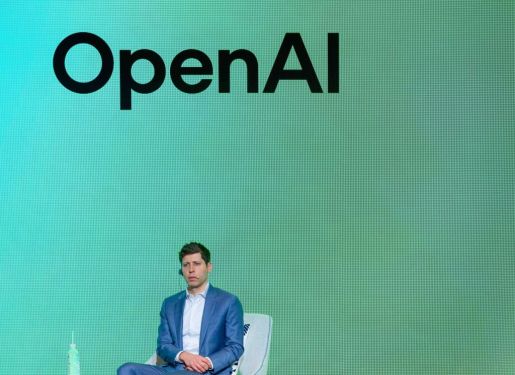AI Conflict Escalates: OpenAI Responds to Musk’s Legal Moves

In a notable legal clash, OpenAI has taken a decisive step against its co-founder, Elon Musk, by filing a countersuit aimed at halting what it describes as Musk’s unlawful actions. In their latest filing, OpenAI’s attorneys assert that Musk’s recent tactics pose a significant threat to the company’s mission and operational integrity. They argue that these maneuvers have already inflicted damage and urge the courts to restrain Musk from further misconduct that endangers OpenAI’s future.
The filing states, “OpenAI is resilient,” yet highlights the substantial toll inflicted by Musk’s ongoing campaign against the organization. It underscores the potential harm to the company’s ability to advance its mission amid increasing instability. Musk’s actions, including an alleged fabricated takeover attempt, are deemed detrimental and must come to an end for the sake of public interest and collaborative innovations in artificial intelligence.
Legal representatives for Musk have not made immediate comments regarding the countersuit, which underscores the growing animosity between Musk and the organization he once championed. OpenAI claims that his strategies are primarily aimed at undermining their progress to gain control of groundbreaking AI technologies for his personal interests. Their statement reflects a strong commitment: “We have filed this countersuit to protect our mission from baseless attacks that threaten our work.”
Musk’s lawsuit targets OpenAI for what he perceives as a betrayal of its foundational nonprofit ethos. Originally established as a nonprofit in 2015, OpenAI transitioned to a capped-profit model in 2019 and plans to evolve into a public benefit corporation. Musk has sought legal intervention to block this for-profit conversion, which he argues detracts from the original goal of ensuring that AI benefits all of humanity—a sentiment echoed by various groups advocating for the preservation of OpenAI’s charitable intentions.
Despite Musk’s requests for a preliminary injunction to halt OpenAI’s transformation, a federal court has so far denied these motions. The legal battle is set to escalate further, with the case scheduled for a jury trial in the spring of 2026, marking a critical point for both parties. OpenAI faces high stakes, needing the for-profit transition completed by 2025 or potentially losing crucial funding that has been raised in recent months.
Additionally, several organizations, including public interest groups and unions, have rallied behind Musk’s cause, encouraging the state Attorney General to take measures to stop OpenAI’s transition. They claim that OpenAI has neglected its charitable duties and is diverting from its original nonprofit goals to pursue profitability.
In response, OpenAI asserts that this transition is essential for enhancing its nonprofit capabilities, arguing that the restructuring would create resources necessary for impactful charitable initiatives across health, education, and science sectors. OpenAI emphasized their commitment to building a formidable nonprofit arm, stating, “We are not abandoning our mission, but rather preparing to equip ourselves for a greater impact in society.”
In a closing remark, Musk’s legal representative pointed out that OpenAI’s board ignored what he describes as a serious bid for the nonprofit, suggesting it is disingenuous to claim interference when facing financial evaluations essential for their future plans.
This ongoing tumult reflects the evolving landscape of artificial intelligence, where ethical concerns, corporate responsibilities, and competitive interests collide. As the legal drama unfolds, the implications for AI governance and ethical standards in technological innovation remain a critical concern among industry stakeholders.
